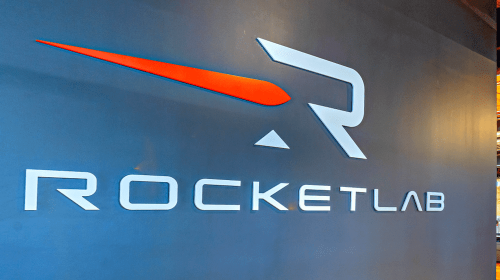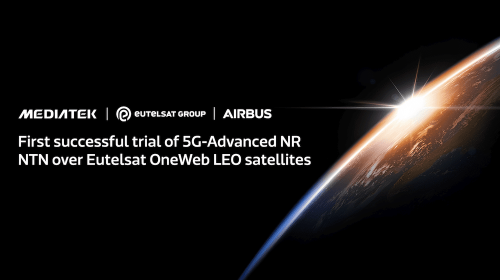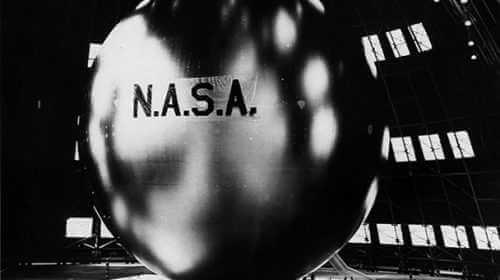Everyone who has ever used DirecTV or Dish Network video television service is aware of the fact that service can be degraded or lost during a bad storm.
New rain fade technologies
This interference is especially troubling for IP traffic. TCP/IP requires very low bit error rates (10-9 BER) to deliver data at full speed. With increasing error rates, packets must be retransmitted, resulting in a significant reduction in throughput. On an IP satellite service, when the Bit Error Rate degrades to 10-7 BER, IP throughput drops to about 5%. Satellite vendors have incorporated forward error correction (FEC) technology that works to correct errors in an effort to avoid retransmission. The challenge is to find a balance between the overhead of the FEC technology and the gain in performance by mitigating errors and retransmits. The most common FEC today is called Reed Solomon Viterbi (RSV). This FEC technology has been incorporated into many of the chip-sets that use DVB/MPEG to deliver data. The primary limitation of RSV is that the higher the level of desired reliability, the greater the amount of FEC overhead, at great cost to bandwidth efficiency.
There is a newer and far superior technology called Turbo Product Codes (TPC) that works using a reiterative process much like a turbo on a car engine. It essentially corrects some of the errors, and then sends the data through the process again, attempting to correct any packet corruption that might have occurred during transmission. It does this using a minimum of FEC overhead. Turbo Product Coding, reduces the amount of power required for antennas to transmit signals to a satellite while maintaining high error correction performance. As a result, customers can use smaller, less expensive antennas, thereby enabling voice, data and Internet applications to be supported more cost-effectively. According to industry experts, Turbo Product Codes, or TPC, offers the best coding performance of any common FEC technology implemented to date. In communications engineering you rarely get something for nothing. Generally technology that improves information reliability comes at the cost of either time or bandwidth. TPC is as close to something for nothing as you can get today.
iDirect is the first satellite technology provider to implement this new technology in their product, and the only one (at this time) to utilize it in both directions.
Note, that some vendors have begun to implement Turbo Codes which is not the same thing as Turbo Product Codes and does not deliver the same degree of efficiency and reliability. There are actually two different implementations of Turbo Codes: Turbo Convolutional Codes, or TCC, and Turbo Product Codes or TPC. According to the experts, the most promising current implementation is Turbo Product Codes, or TPC, as it provides a significant advantage in terms of reliability and increased performance. TCCs typically have a noise floor that limits the maximum bit error rate achievable.
Along with the forward error correction, VSAT transmission power is an important factor in punching through inclement weather. On satellite transponders, it is power, not bandwidth that is the critical factor. Satellite providers have rules regarding how much power can be directed at the satellite. Most VSATs have a fixed amount of power they can use to transmit a signal. As the weather degrades there will come a point where the transmission power is insufficient to reach the transponder without significant errors occurring, which drastically reduces IP throughput to the point where it may fail.
The iDirect solution addresses rain fade in two ways: first of all, the use of TPC forward error correction technology means that significantly less power is required to deliver the same bandwidth as a legacy system using RSV.
Secondly, the iDirect solution incorporates automatic power control that automatically boosts transmit power as the signal degrades due to inclement weather. The additional power margin provided by TPC forward error correction can be used to boost the signal without exceeding the power limits imposed by the satellite vendor on their transponder. The hub equipment located at the teleport constantly monitors the signal from each remote site. As bad weather moves into a particular area, the remote VSAT(s) in that area are remotely and automatically commanded to boost their transmission power. As the weather clears, the transmission power is throttled back.
Performance Issues
Downloading (outbound) on a broadband satellite system is not overly difficult. The transmission is basically a broadcast that is sent to all remote VSATs. In the case of the iDirect solution, each satellite router has a burned in MAC address and it can only receive data that is specifically sent to it. iDirect uses a proprietary TDM frame format that is approximately 60% more efficient than most DVB systems, otherwise the operation is very similar. The difficulty comes on the uplink or inbound link.





